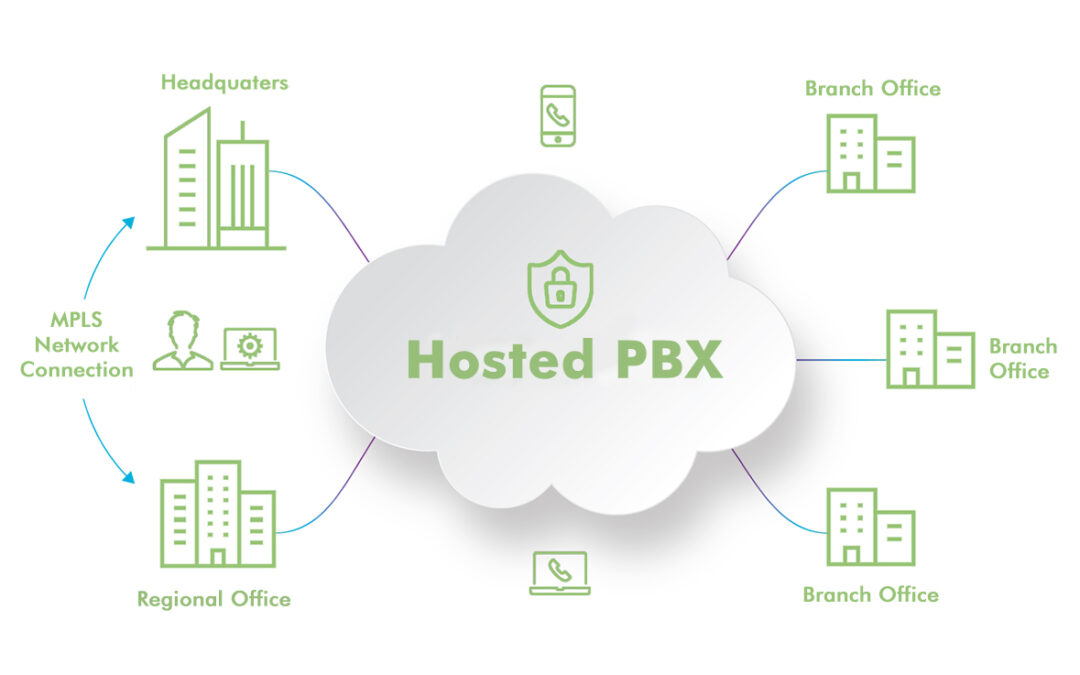Have you been frustrated with your telecom services lately? Or is it your telecom service provider that you think should be blamed?
Well, you might also want to have a close look at the service that you have chosen. Especially when it comes to the choice of phone systems, you have a lot of options to decide from. However, there will only be one of those that would fit all your business needs. Before deciding which phone system would fulfill your business needs in a better way, you must keep a check on the following major aspects-
- Where would you want to install your phone system?
- How would you want to want to manage your phone system?
- How do you plan to handle end-user issues?
- What services are available at your location?
- Do you have a reliable infrastructure that could support your entire organization?
Basis the answers to these questions, it would be easier for you to decide which one out of Hosted PABX or On-premise phone systems is beneficial for your business.
What is Hosted PBX?
In a Hosted PBX system, also referred to as a hosted VoIP or Internet phone system, the provider is responsible for housing the PBX as well as handling the technology required. The desk sets are plugged into a router and the calls, signaling, and other features are handled through an IP-PBX server at the provider’s location.
What is an On-premise PBX?
An On-premise PBX is similar to a traditional phone system that resides in a location, such as a computer equipment room or a phone closet. The signaling in an On-premise PBX is done with an IP phone to the IP-PBX server using a LAN. With the use of SIP trunking, calls can go through a traditional phone company as well as a Voice over Internet Protocol (VoIP). Gateway cards are used in connecting the system to the traditional phone company provider. The provider can be the one that already provides the service, though a SIP trunk can be configured for use with an Internet service telephone provider (ISTP).
The Difference
- Purchasing an On-premise IP-PBX phone system involves buying hardware, which is inclusive of a server with the proper number of interface cards (if required) to be able to connect the telephone company with the IP phones. On the other hand, Hosted IP-PBX only involves the purchase of IP phones, even though the router and the network switch may be needed to ensure that there is one specifically dedicated to VoIP. It is advised that you look for best broadband for office in Australia before landing upon a decision.
- In a Hosted PBX system, the network qualification is performed by the customer; all the upgrades are made at the customer expense. On contrary, in an On-premise IP-PBX system, the IP-PBX provider will have to qualify the network and install and program the IP-PBX.
- Hosted PBX phone system does not involve any maintenance costs of the IP-PBX, whereas On-premise phone systems have potentially higher maintenance costs.
- Considering the expansion of your business, an On-premise phone system would imply the purchase of more IP phones, unless any special licensing is required. On the other hand, with a Hosted PBX system, additional phone systems are purchased and added to the service plan requiring additional programming time by the customer.
Some of the parameters speak to the nature of your business, while the others come down to personal preference. However, it is evident that the shift to a Hosted PABX system is beneficial regardless of which system is ultimately chosen. Many factors such as the size of your team, the number of networked locations, your comfort levels with the technical matters, etc. hold a definite say while you pick one for your business. Genesystel’s Complete Solution packages offer unlimited calls, 2MB dedicated Enterprise Grade Voice Network, unlimited data, 4G Back Up for redundancy, hardware and software maintenance and dedicated account management available on a Contract term of 36 or 48 months. Genesystel serves as a one-stop shop for all the telecom related requirements of your business.

